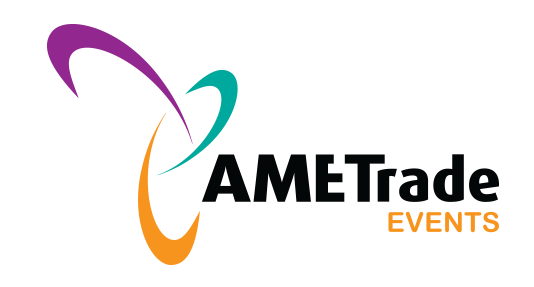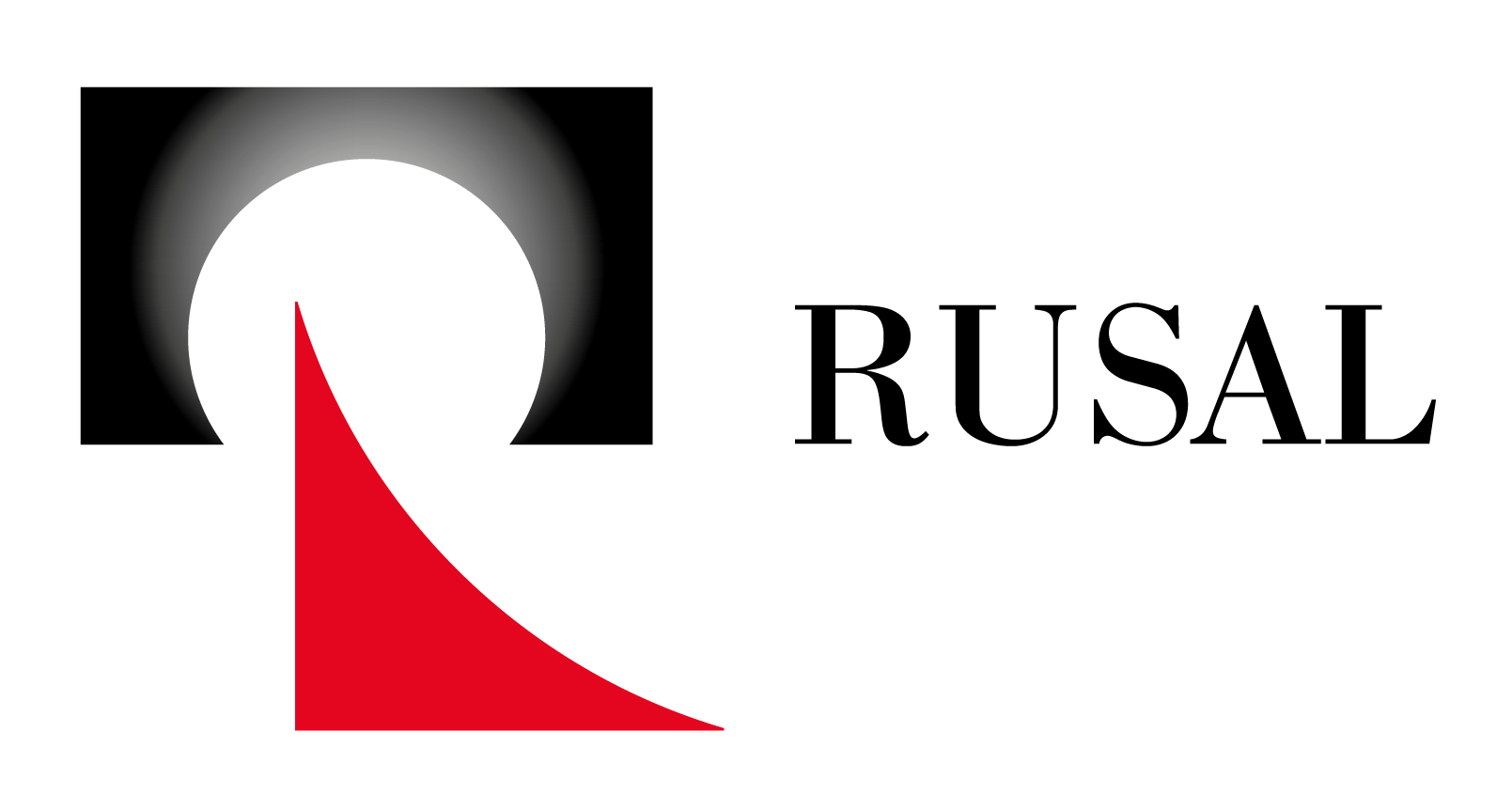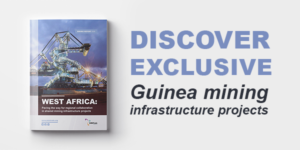Guinea considers carbon tax on mining companies – The measure could help abate damage to the local environment.
Guinea is considering a carbon tax on mining companies after it started talks with United Arab Emirates (UAE) investors to raise $4.3bn to fund development projects.
The government is studying how a tax would affect the cost of emissions and the extent of vegetative cover removal from mining operations.
Guinea is one of the world’s largest producers of bauxite, a raw material used to make aluminium. It also has large deposits of gold and iron ore. Mining companies produce their own energy from coal-fired power plants and transport the minerals to ports by road.
Prime Minister of Guinea Bernard Goumou said during an investor forum in Dubai on Thursday: “The objective is to manage the potential for pollution and risks affecting the health of the population. The authorities aim to ensure the conservation of Guinea’s ecological potential and the promotion of a blue and green economy.”
The West African nation’s Guinea Alumina Corp is among the companies that mine bauxite in the region, along with a unit of Emirates Global Aluminium and China-backed Societe Miniere de Boke. Meanwhile, Societe Aurifere de Guinee, a unit of AngloGold Ashanti and Societe Miniere de Dinguiraye, mines gold.
Goumou added that the country has increased the funding target for its transition projects in the development programme to $4.3bn, after taking into account the cost of the new projects. The previous target was $3.4bn.
Guinea is one of the world’s poorest countries and bauxite mining has helped derive much-needed export income and tax revenue for the government. However, the nation’s environment has not been free from damage. A Human Rights Watch report states: “Damage to water sources that residents attribute to mining, as well as increased demand due to population migration to mining sites, reduces communities’ access to water for drinking, washing and cooking.”
Link: Guinea considers carbon tax on mining companies






